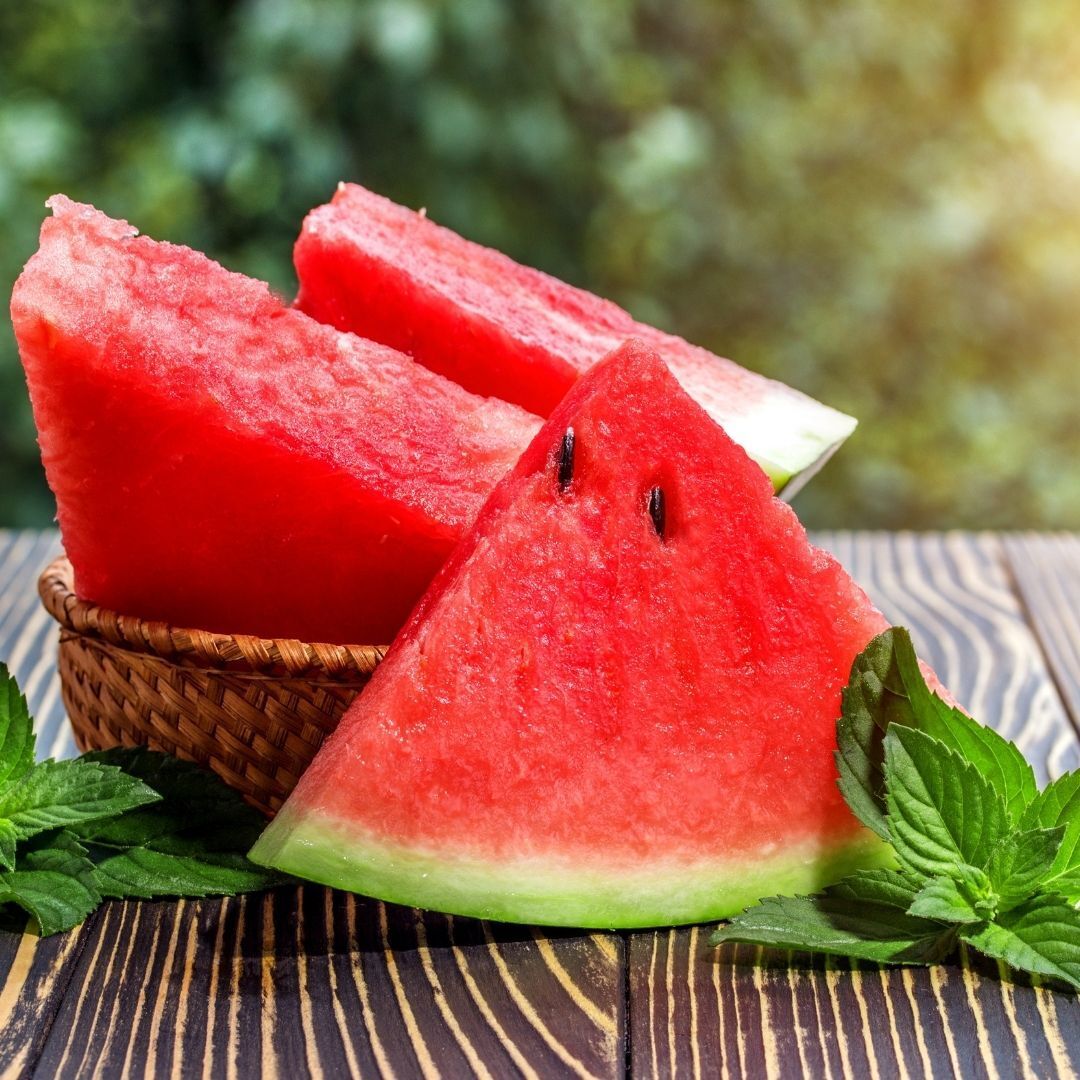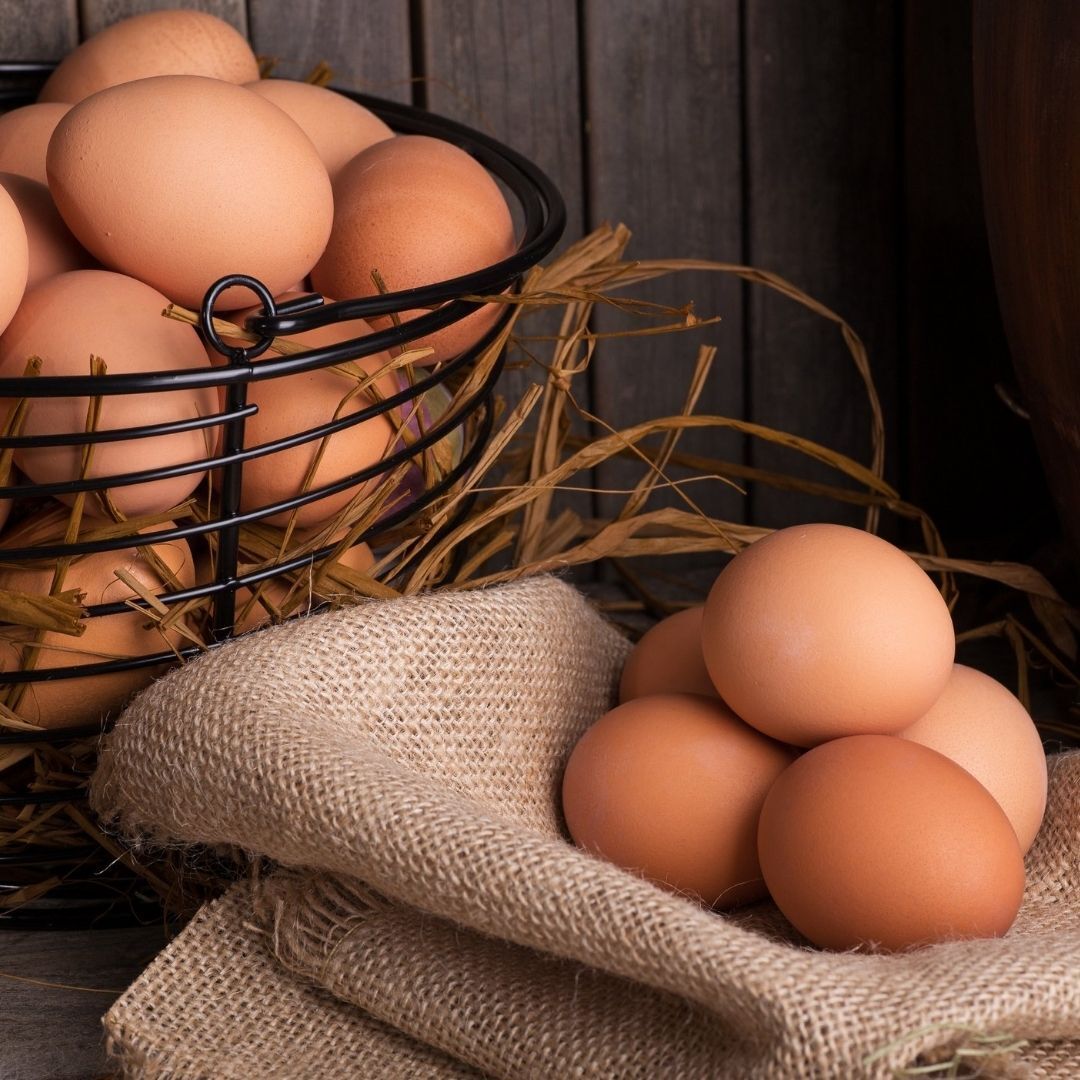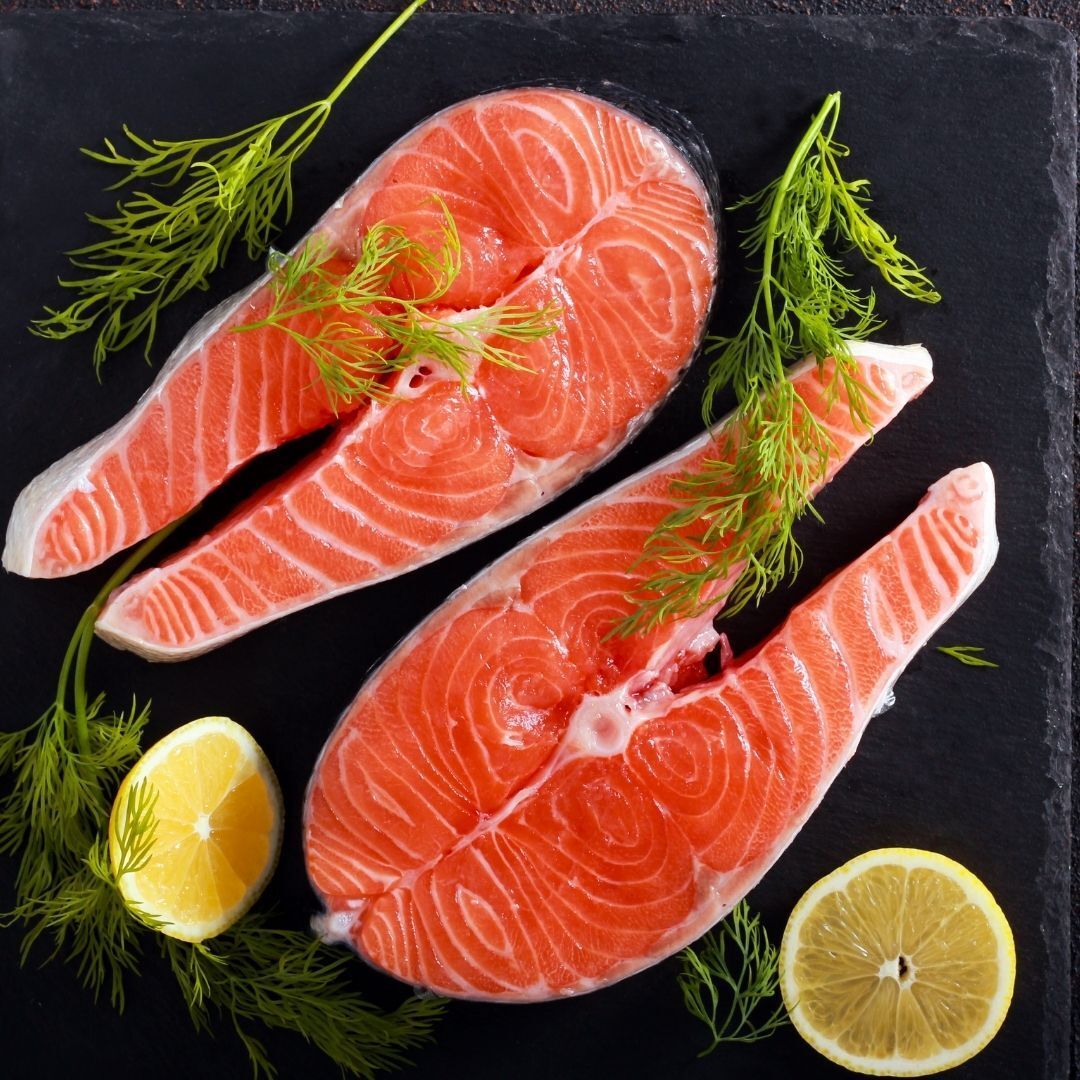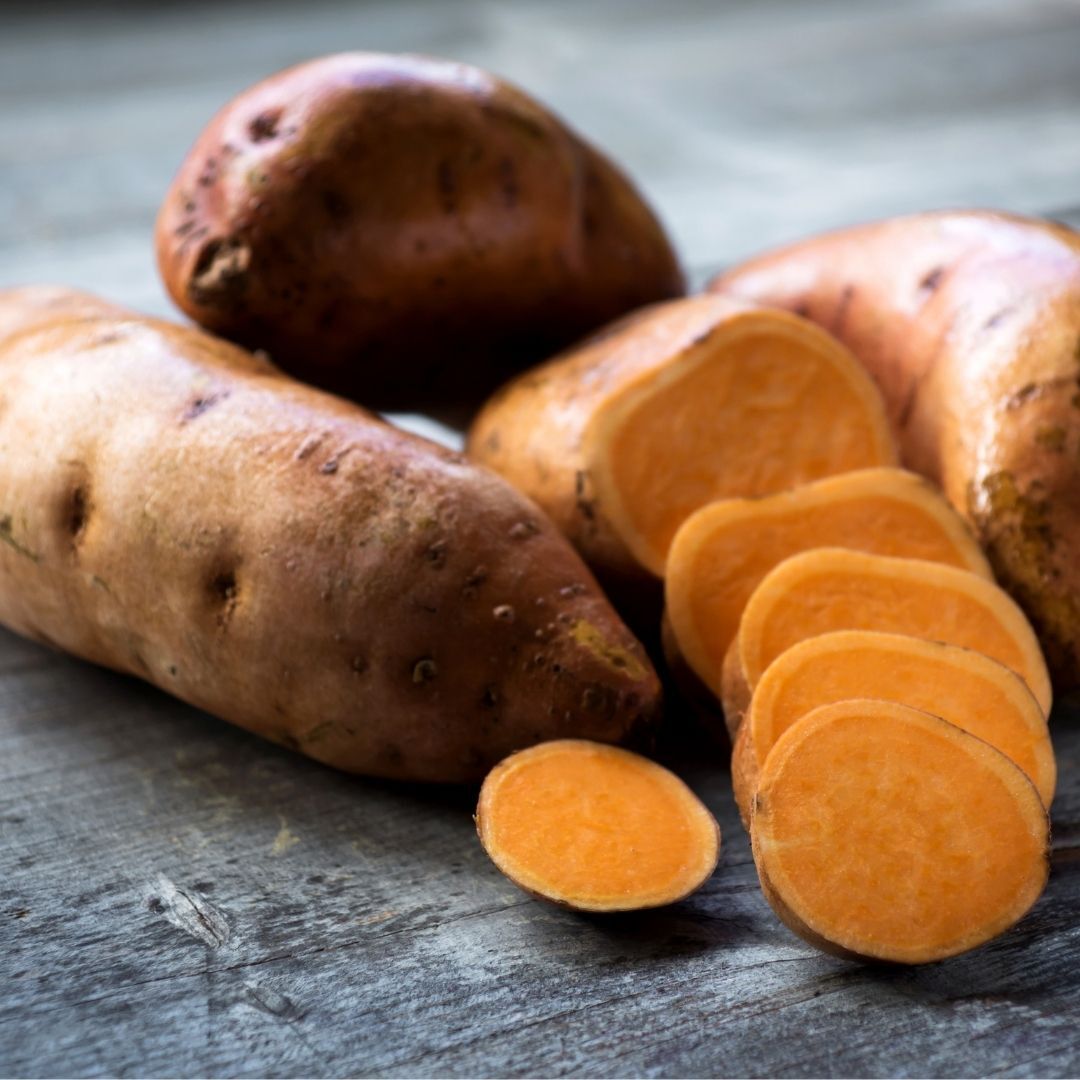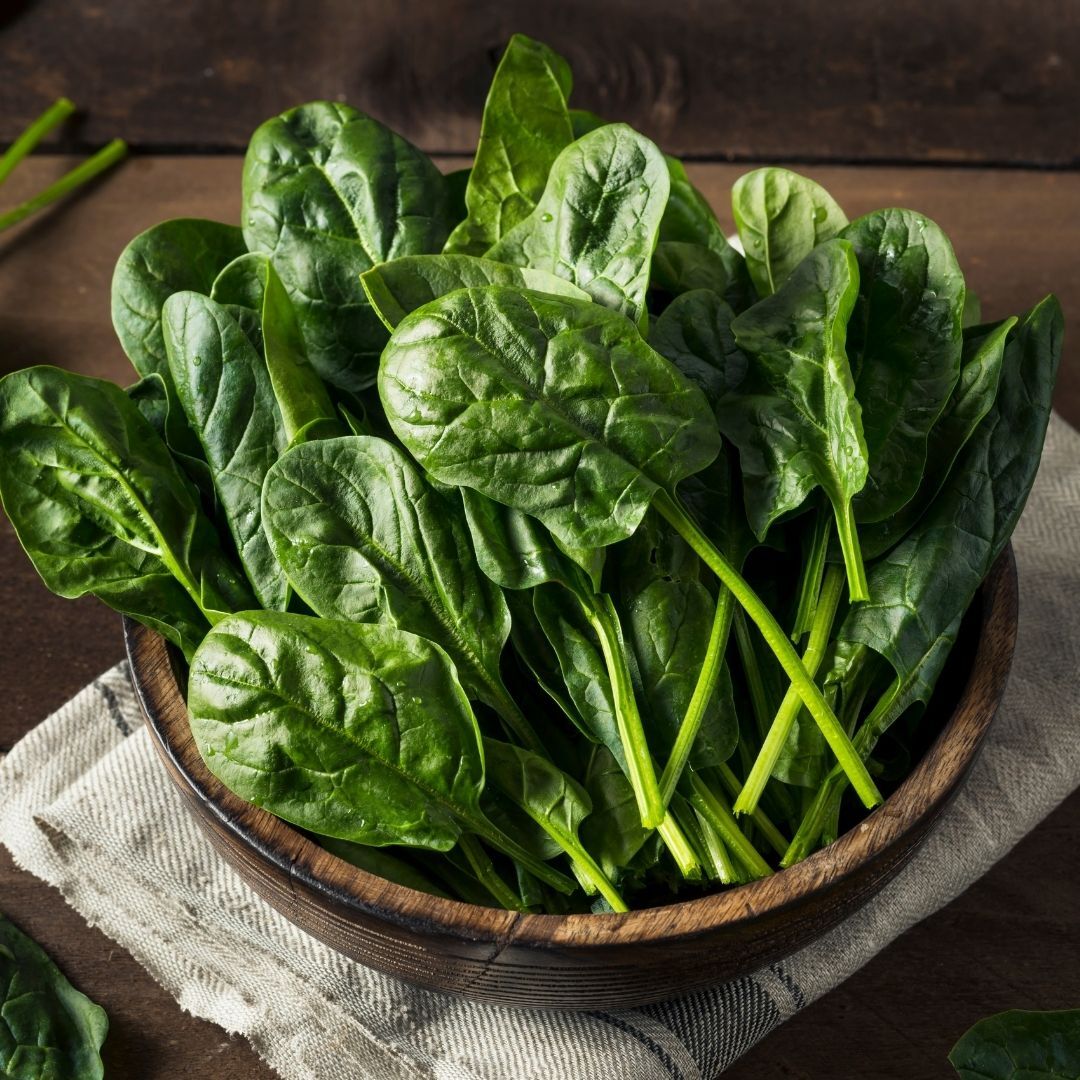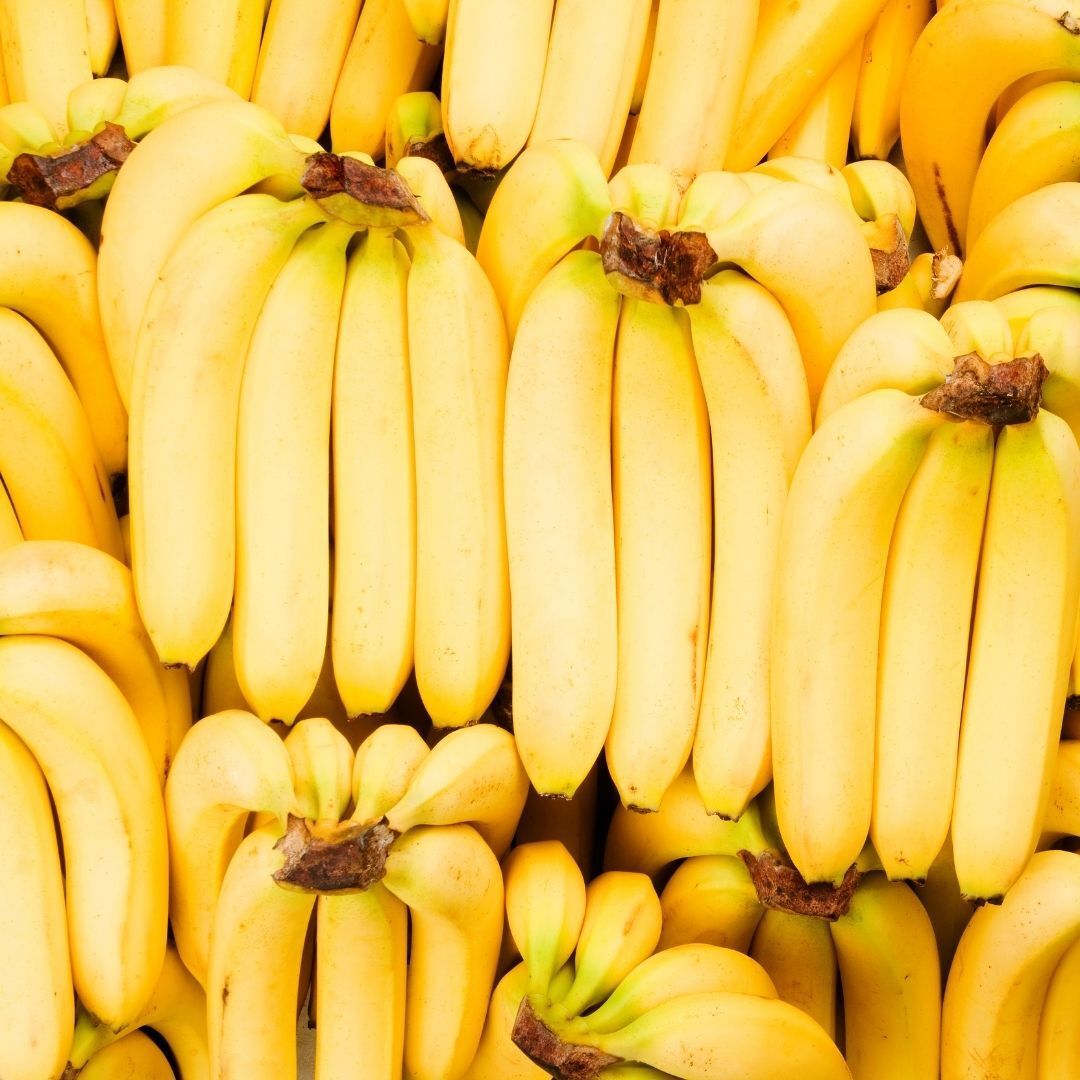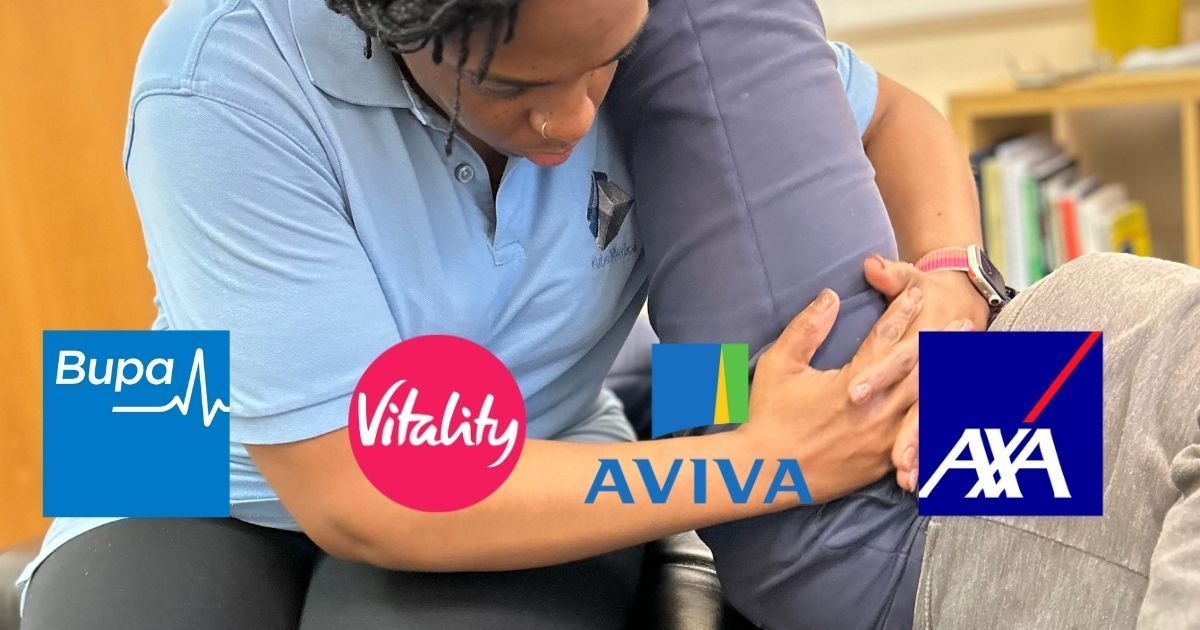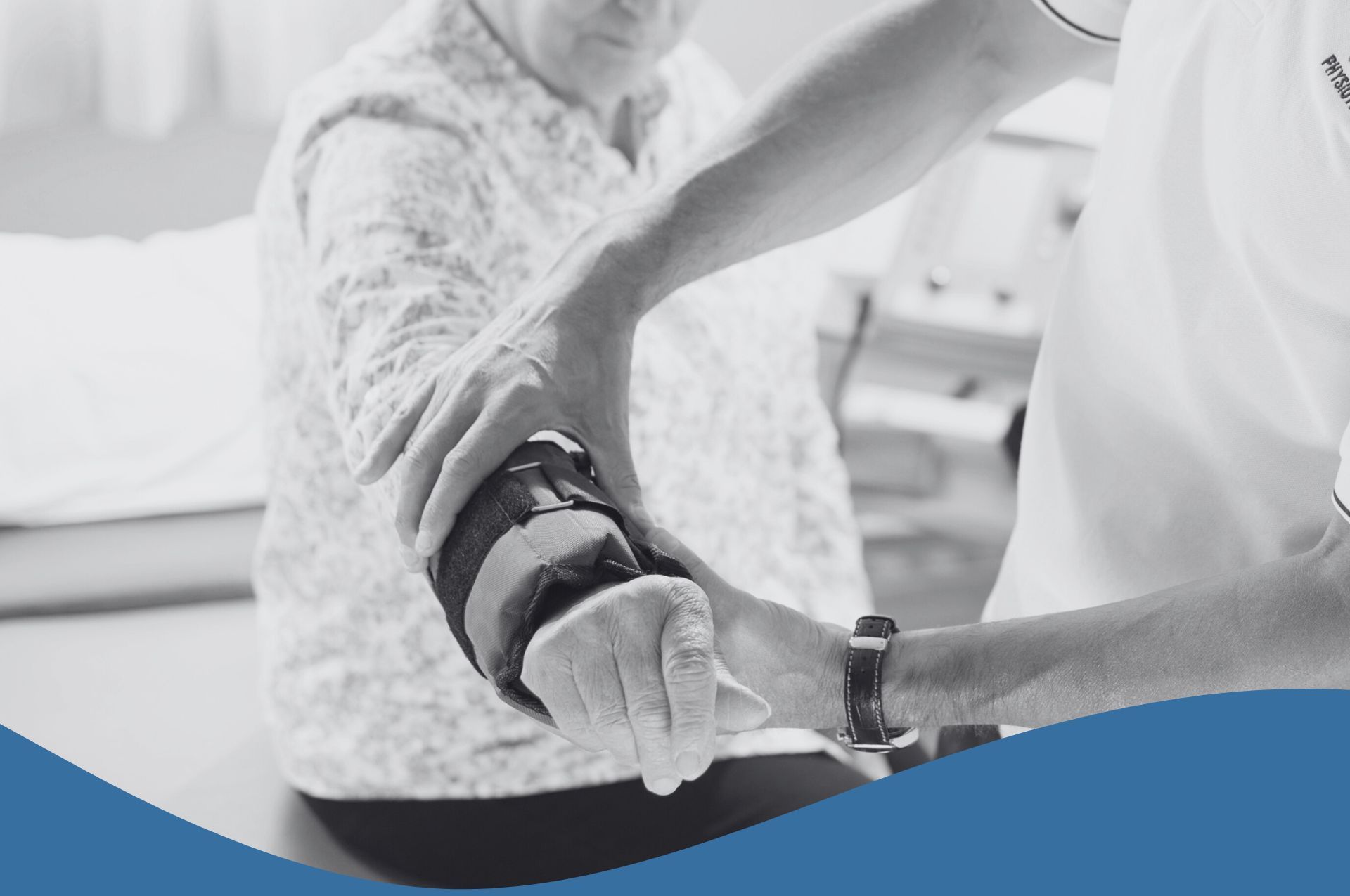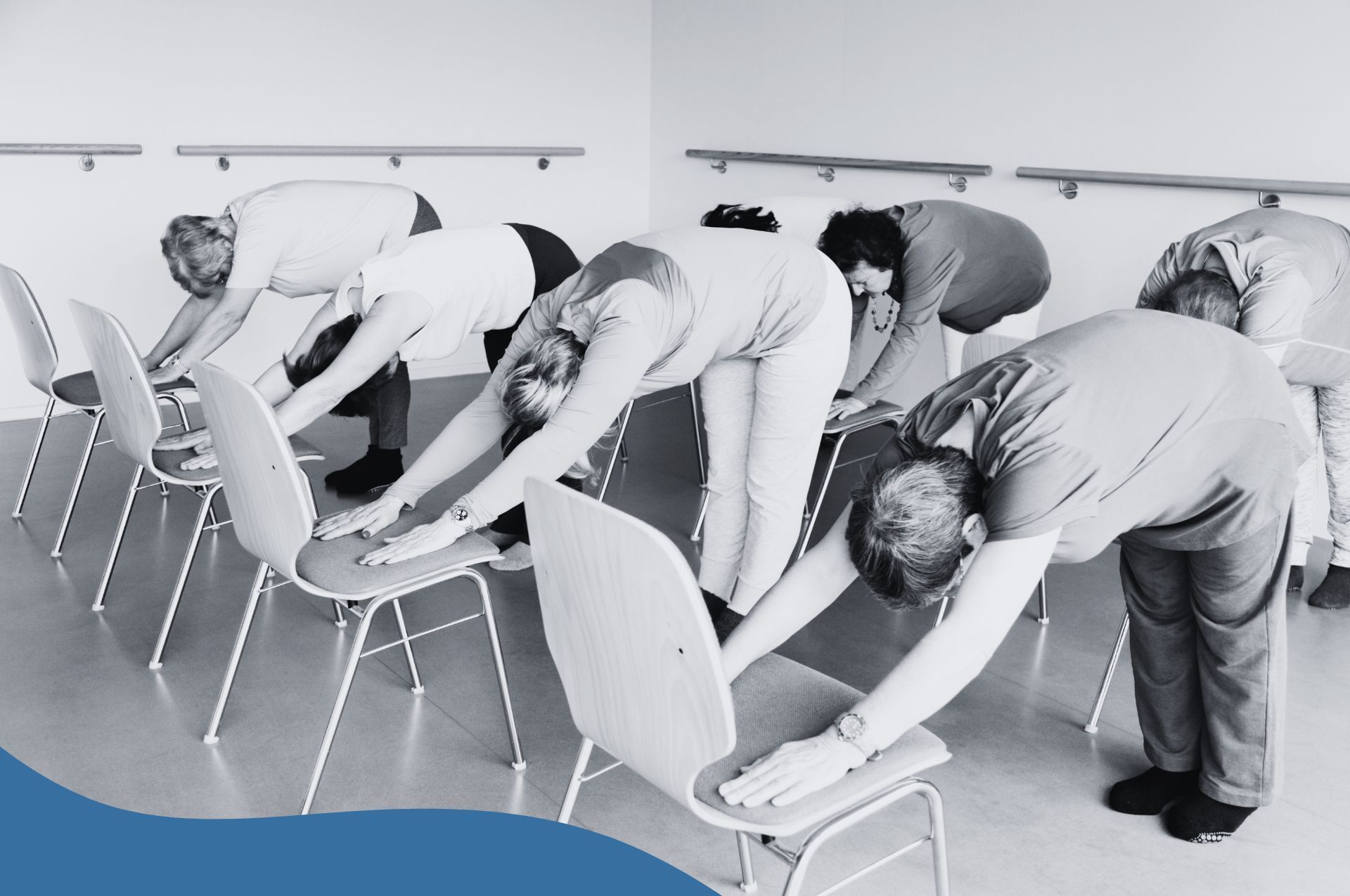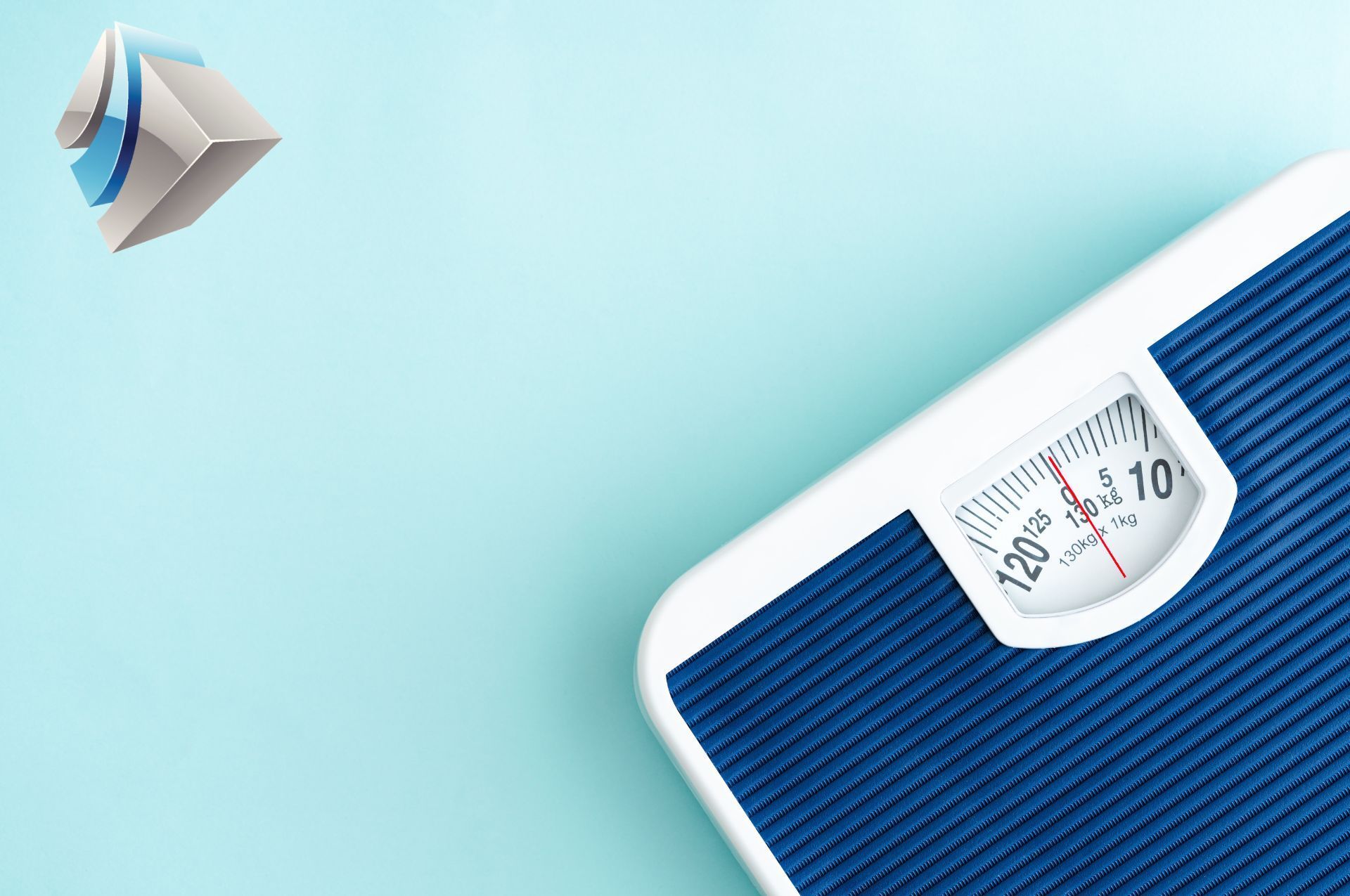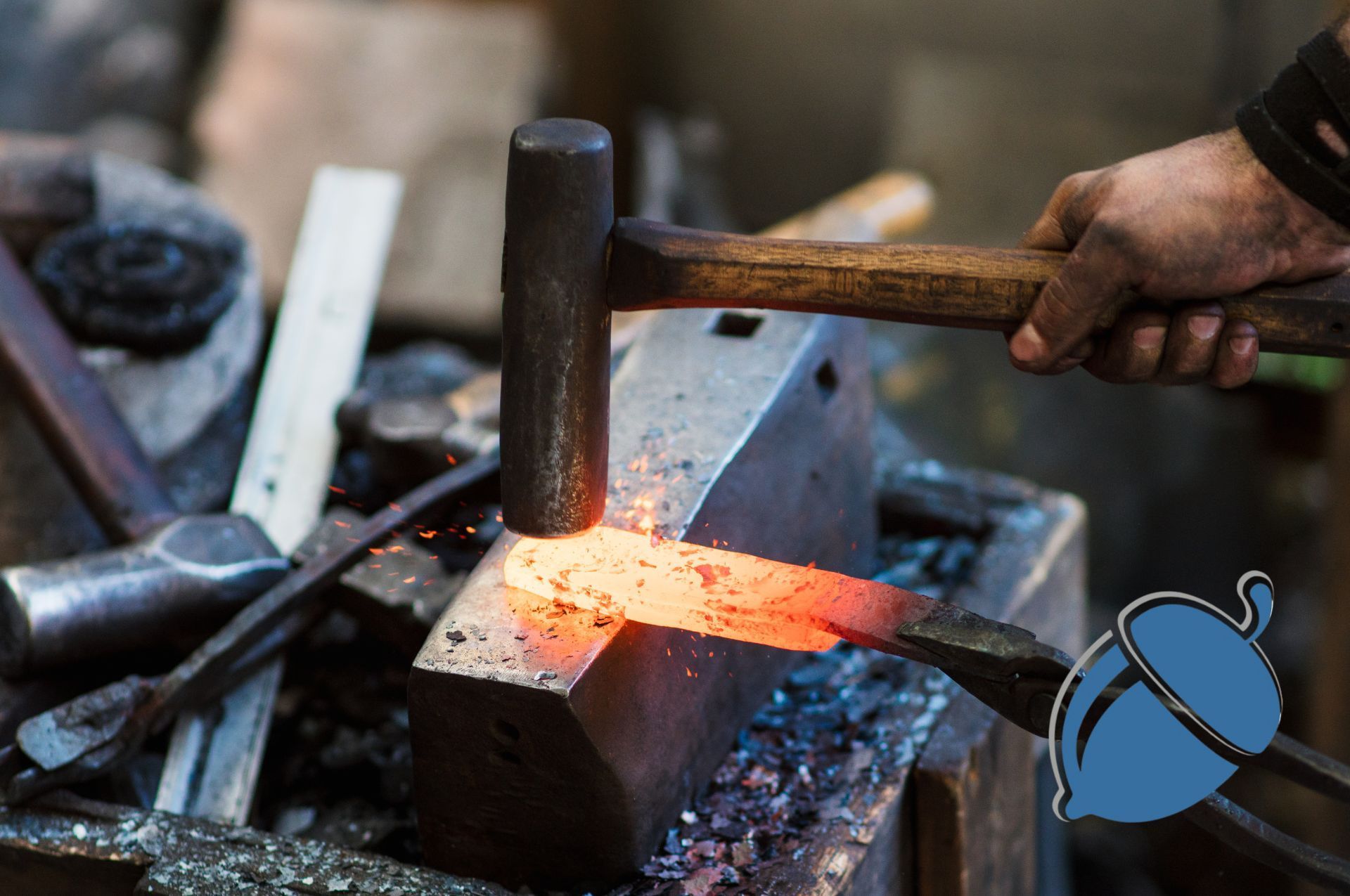You can enjoy the benefits of watermelon in its fruit form or as a juice. Besides being very refreshing and hydrating, this fruit is loaded with many helpful nutrients. It is rich in the amino acid L-citrulline that is a building block for proteins and is a powerful antioxidant. It also promotes the production of nitric oxide that encourages stronger blood circulation. This supplies more oxygen and nutrients to the muscles, helping to boost recovery, repair and energy levels.
Its high vitamin C content can also help reduce inflammation while its magnesium content can aid in keeping muscles relaxed after contracting and disposal of lactate that can build up during exercise and cause tightness. Its potassium can also encourage better muscle function by relaxing blood vessels, improving blood flow and reducing the problem of muscle cramping.

